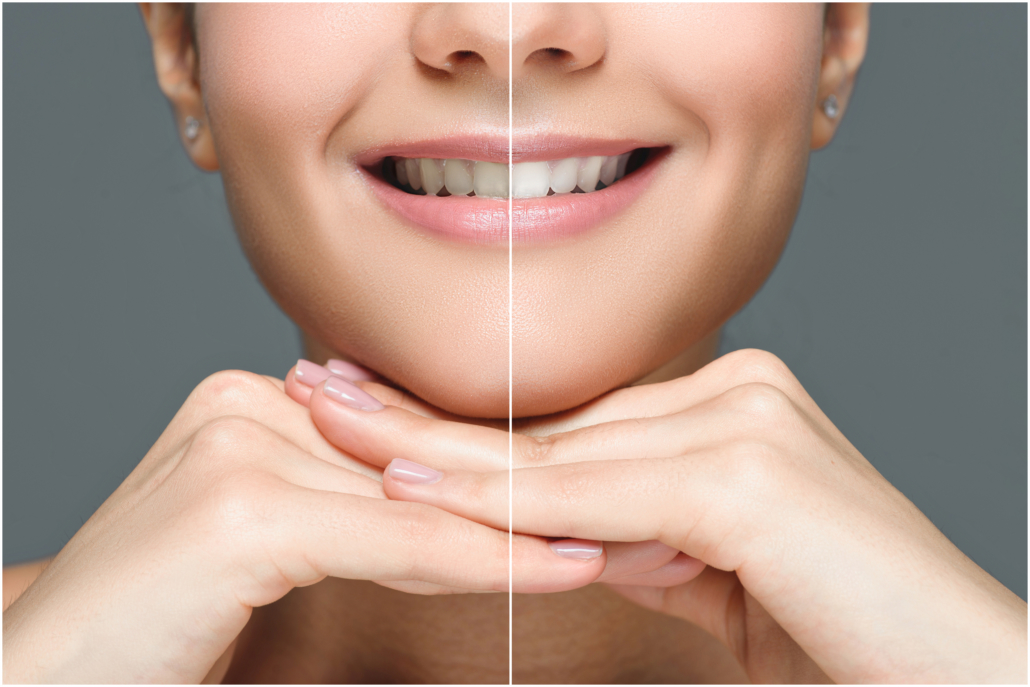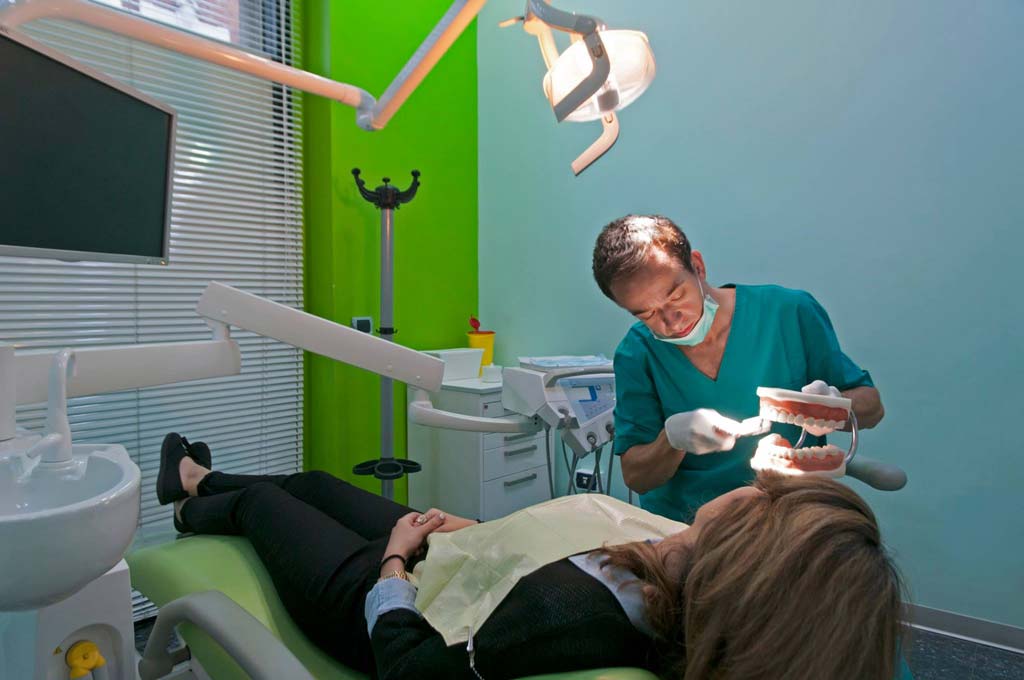Deep cleaning of the teeth does not damage the enamel. The fact that deep cleaning of the teeth can erode enamel and damage it is a misconception.
Professional teeth cleaning
It is much easier for an energetic brushing performed independently during daily oral hygiene to ruin the enamel than a deep cleaning of the teeth performed by a professional.

Deep cleaning of the teeth, in the absence of other indications that may require more frequency, should be performed at least twice a year.
Scaling is a dental treatment that eliminates the accumulation of plaque and tartar from the teeth and thus avoids complications for oral health, such as the onset of:
- caries;
- periodontitis;
- gingivitis.
Who can do a deep teeth cleaning?
The dentist or the dental hygienist are the only professionals qualified to perform the ablation of tartar, through specific instruments.
It is important to rely on people with proven skills to avoid collateral damage to teeth and tissues.

The tartar is ablated using an instrument that sprays a mixture of water and erythritol, a very fine powder with a grain size of 14 microns, on the teeth. Using other manual tools, the dentist or hygienist then proceeds to remove the residues of plaque and tartar present on the teeth.
The dental instruments used are patented specifically to act safely on dental enamel and tissues, so they do not cause any damage. At the same time, the specific competence of those who use the tools is required. The dentist must always evaluate the specific clinical case, indicate which treatment to perform and which tools to use.
Do you feel pain during scaling?
The idea that professional teeth cleaning can ruin enamel also stems from painful experiences. Ten years ago, dentistry was not what it is today: often even the simplest treatments such as cleaning the teeth could be painful for the patient. Sometimes the pain could be confused with damage to the enamel, but it certainly wasn’t.

Today, with modern dentistry, all treatments are minimally invasive and almost painless. There is no pain during deep cleaning of the teeth. You may feel some discomfort or have minimal bleeding if it is not done regularly and therefore the layer of tartar is difficult to remove.
In summary, deep cleaning of the teeth can cause damage to the enamel only if:
- the specific competence in the use of the tools is lacking;
- the specific clinical case has not been carefully evaluated.
















